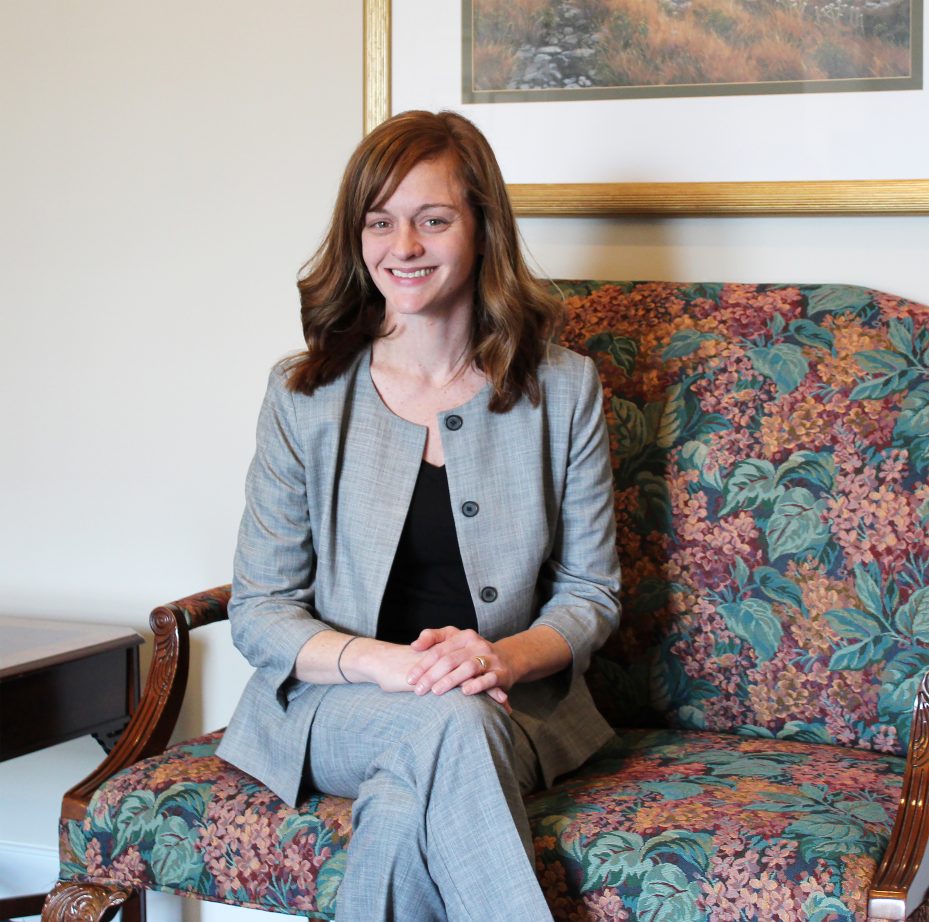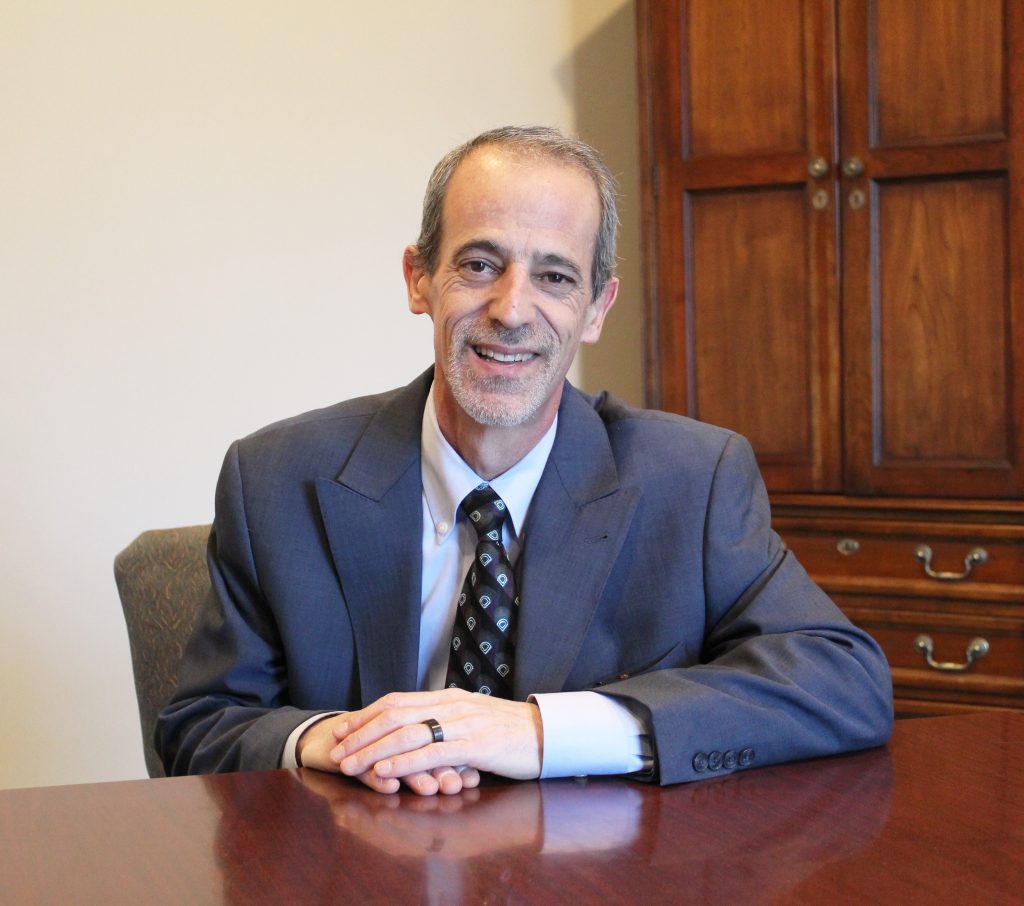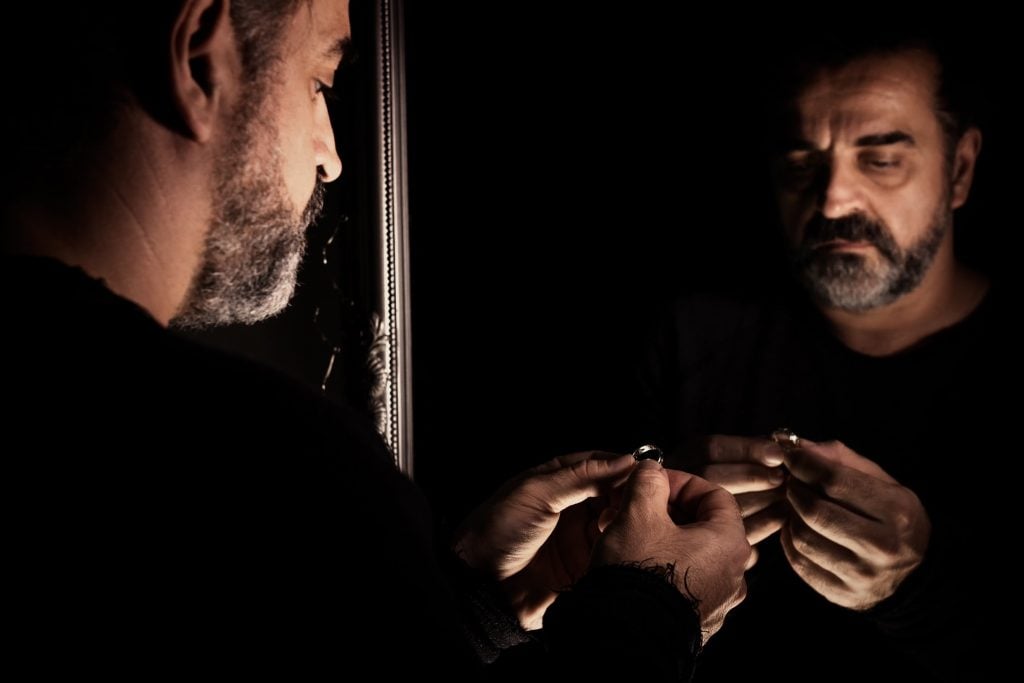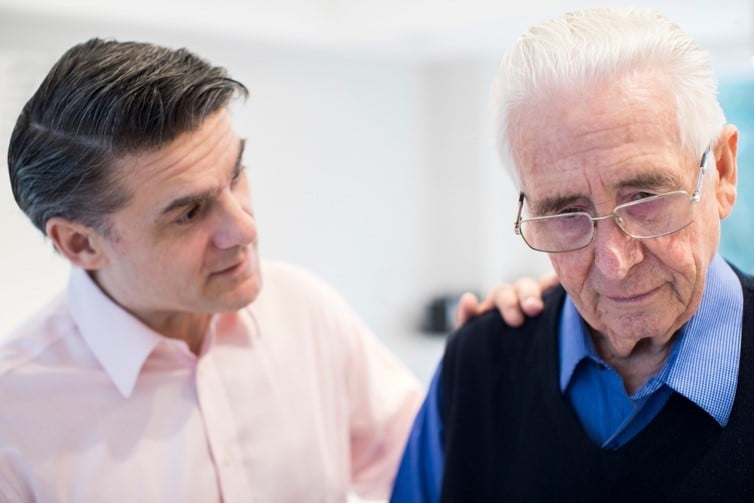-

An Interview with Funeral Director, Julie Found
Posted on March 11th, 2019
Posted by underWhat is your connection to Found and Sons? How long have you been a Funeral Director? My family started Found […]
-

An Interview with Funeral Director, Ray Rhodes
Posted on March 11th, 2019
Posted by underHow long have you been a funeral director? What were you before you became a funeral director? I have been a […]
-

When You Lose the Love of Your Life – Is it Too Soon to Move On?
Posted on February 12th, 2019
Posted by underThere is an old German proverb that says, “The death of a friend is equivalent to the loss of a […]
-

Tips for Writing a Meaningful Obituary
Posted on February 6th, 2019
Posted by underAmerican playwright and novelist Thornton Wilder once said, “The highest tribute to the dead is not grief but gratitude.” Of […]
-

WHEN THE PARENT BECOMES THE CHILD
Posted on January 3rd, 2019
Posted by underThere is good news to share on the current health of our country: Americans are living longer than ever before. […]

Blog
